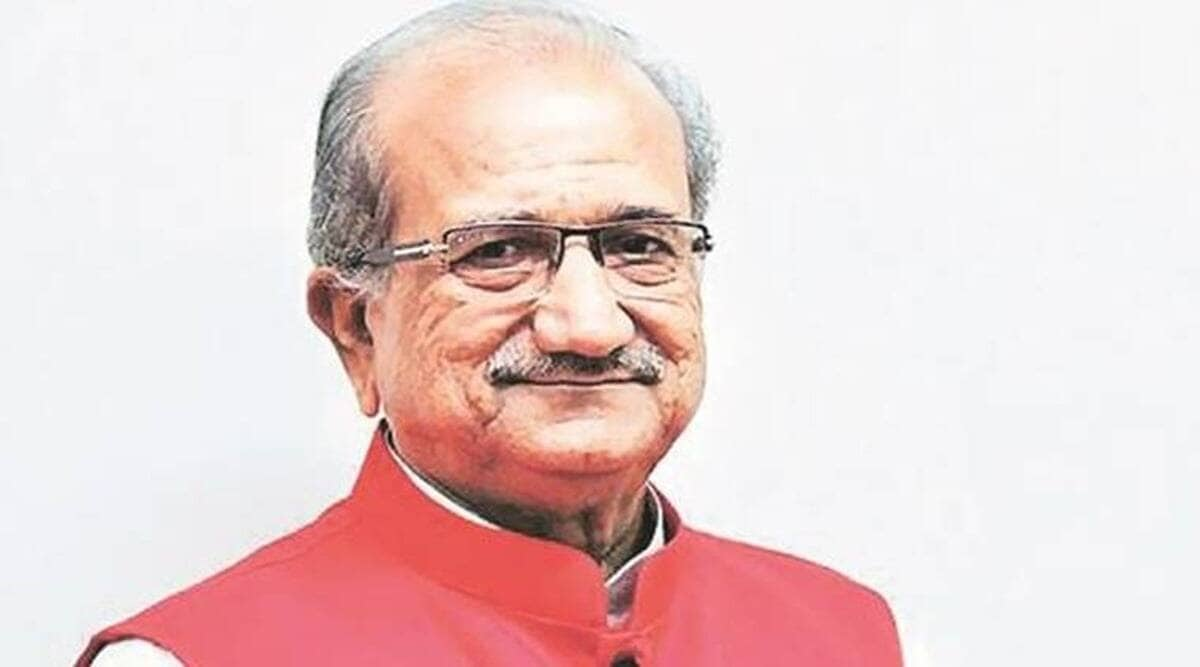
Final July, Sarah Frazer discovered she had two years at most earlier than she would want to exchange her failing kidneys.
“I used to be 23 on the time — a 23-year-old woman sitting in a doctor’s workplace in Toronto Common, being instructed, like, ‘It’s essential discover a new kidney,'” recalled the legislation pupil. “It isn’t like, ‘It’s essential discover a new job.'”
Frazer was 14 when she was recognized with lupus nephritis, an autoimmune illness that includes the kidneys. She knew she would ultimately want a transplant, however she by no means thought that point would come throughout a worldwide pandemic.
However she’s one in all many. A whole bunch of Canadians who want a brand new organ noticed their lives jeopardized by the pandemic, as hospitals stopped doing life-saving transplants and skilled organ shortages.
Frazer’s state of affairs deteriorated over the winter, so the Caledon, Ont., resident began a web based marketing campaign to search out dwelling donors, since nobody in her household was a match.
Many strangers volunteered and filed a donor utility. However then the third wave hit. On April 18, the College Well being Community (UHN), the place Frazer is seen, stopped screening all dwelling kidney donors.
“It was simply so onerous to listen to,” mentioned Frazer. “I would spent hours and days with my associates, making this marketing campaign and educating individuals and actually attempting to push it ahead. After which it is like, ‘Roadblock: we’re not screening them.'”
Frazer is now caught in limbo as she waits to listen to again from this system on when issues may resume.
Transplants stopped throughout third wave
The third wave of COVID-19 infections was Canada’s worst; the nation averaged practically 9,000 new instances per day at its peak in mid-April.
This had devastating results on Canada’s largest transplant centre, the UHN’s Ajmera Transplant Centre. Primarily based at Toronto Common Hospital, the centre sees sufferers from all around the nation.

It needed to shut down components of the transplant program as a result of the hospital’s ICU was so overwhelmed by COVID-19 sufferers that there weren’t sufficient nurses, dialysis assets and working rooms out there to do the surgical procedures.
“We solely did probably the most pressing instances, which suggests we really stopped doing a number of dwelling donor kidney transplants throughout that point,” mentioned Dr. Atul Humar, the centre’s medical director.
It additionally needed to reject some organs from deceased donors, accepting them provided that the organs have been in nice form and in the event that they felt assured that the transplant can be a hit.
“I do not assume we should always sugarcoat it: there have been organs wasted,” mentioned Humar. “There have been actually organs wasted and never transplanted that would have been transplanted.”
The quantity of people that died whereas ready for a transplant elevated by 30 per cent throughout the pandemic, he mentioned, calling it “an actual tragedy.”
“I imply, COVID’s been a horrible factor, and we all know the direct injury that COVID has value, to lives and sufferers’ well-being. However there’s plenty of collateral injury that is been executed that is not all the time on the radar.”
A scarcity of organs
The centre additionally needed to grapple with the truth that organ donations from deceased donors decreased in April and Could, Humar mentioned. Many donations sometimes come from individuals who’ve died in ICUs, however since most of these sufferers had COVID-19 on the time, their organs could not be used for concern of transplanting the virus.
What’s extra, Canada usually imports some organs from america. That stopped throughout the first wave — and solely slowly picked up afterward.
“We usually get 30 to 40 lungs a yr from the U.S., and we went to zero,” mentioned Dr. Shaf Keshavjee, the director of the Toronto Lung Transplant Program, which is a part of the centre. “We did not need to ship our groups there for his or her security and the testing of the organs was not reassured sufficient.”
Lung transplants in Ontario went down by virtually 50 per cent within the interval from April 2020 to March 2021, in comparison with the earlier fiscal yr.
Affect lesser elsewhere in Canada
Thankfully, not all of Canada’s transplant centres have been as onerous hit as UHN.
In B.C., for instance, lung and coronary heart transplants really hit a document quantity in 2020.
“We weren’t as badly impacted,” mentioned Dr. Sean Keenan, BC Transplant’s medical director of Organ Donation Providers. Whereas BC Transplant’s operations slowed down considerably initially of the pandemic, they rapidly went again to regular.
Transplant Quebec was additionally most affected by the primary wave, with transplants within the province lowering by 20 per cent. However their actions resumed to regular by the top of 2020 and have since stayed regular, a spokesperson for this system mentioned in an electronic mail.
The explanation these applications fared higher is as a result of ICUs in Vancouver and Montreal weren’t as onerous hit as these in Toronto, mentioned Dr. Sonny Dhanani, the affiliate director for donation and important care with the Canadian Donation and Transplantation Analysis Program.
In Toronto, he mentioned, “there simply was not the capability to unlock area.”
How does the state of affairs evaluate to different waves?
The most important drop in transplant exercise in Canada got here in April 2020, when the primary wave peaked.
“Issues dropped by 30 or 40 per cent,” mentioned Dhanani. “There was a lot unknown with COVID that we shut every thing down, appropriately.”
“We have been uncertain if we may efficiently display screen donors for COVID and ensure it did not transmit,” mentioned Humar. “We have been uncertain that we may develop secure pathways throughout the hospital to ensure recipients did not get COVID within the hospital.”
By the third wave, Humar mentioned, employees knew that doing transplants safely throughout the pandemic was attainable, however a scarcity of assets compelled them to cease, which he mentioned made it that a lot worse than the opposite waves.
Not nearly surgical procedures
It isn’t simply the lower in precise transplants that harmed these in want of recent organs.
A part of the injury executed by the pandemic is sufferers getting inappropriate care — one thing Afsana Lallani mentioned she skilled. The 21-year-old nursing pupil has a uncommon liver illness and is ready to discover a matching donor that would assist her get the life-saving surgical procedure she wants.
Like Frazer, Lallani’s transplant journey began in the summertime, after she had a extreme liver an infection. Her well being slowly deteriorated and never with the ability to simply see a physician in particular person made issues worse, she mentioned.

One of many largest signs of how dangerous your liver is doing is having jaundice, she defined.
“If we have been sitting throughout from a desk, you’ll have the ability to see these werewolf-yellow glowing eyes that I see each day. However then it would not get documented on my chart,” she mentioned. “The transplant workforce would not see it they usually assume that I am secure sufficient.”
Regardless that she mentioned she instructed them how dangerous it was by telephone, she mentioned they did not actually understand the severity. “They’re like, ‘Yeah, you see the jaundice since you see your self within the mirror each day,'” she mentioned.
The younger Toronto resident stays hopeful a match will occur quickly.
As COVID-19 instances proceed to drop throughout the nation, the state of affairs is a lot better. The worst has seemingly handed, Humar mentioned, for Canada’s largest transplant centre.
“Issues are getting again to regular,” he mentioned. “The transplant program is absolutely open, and the variety of deceased donor organs is regularly growing, and dwelling donation is beginning to return again to regular as properly.”
For sufferers like Frazer and Lallani, who’re nonetheless awaiting what’s to come back, the identical cannot essentially be mentioned.
“You are continuously questioning, ‘Properly, when will I hear one thing?'” mentioned Frazer. “This complete time, your anxiousness is creeping in since you’re like, ‘I do know my kidney operate is getting worse.’
“It is taken an enormous toll on my psychological well being and truthfully, like the psychological well being of everybody round me,” she mentioned. “I need subsequent steps. I need one thing to stay up for, you recognize, ‘One step nearer, one step nearer.'”








